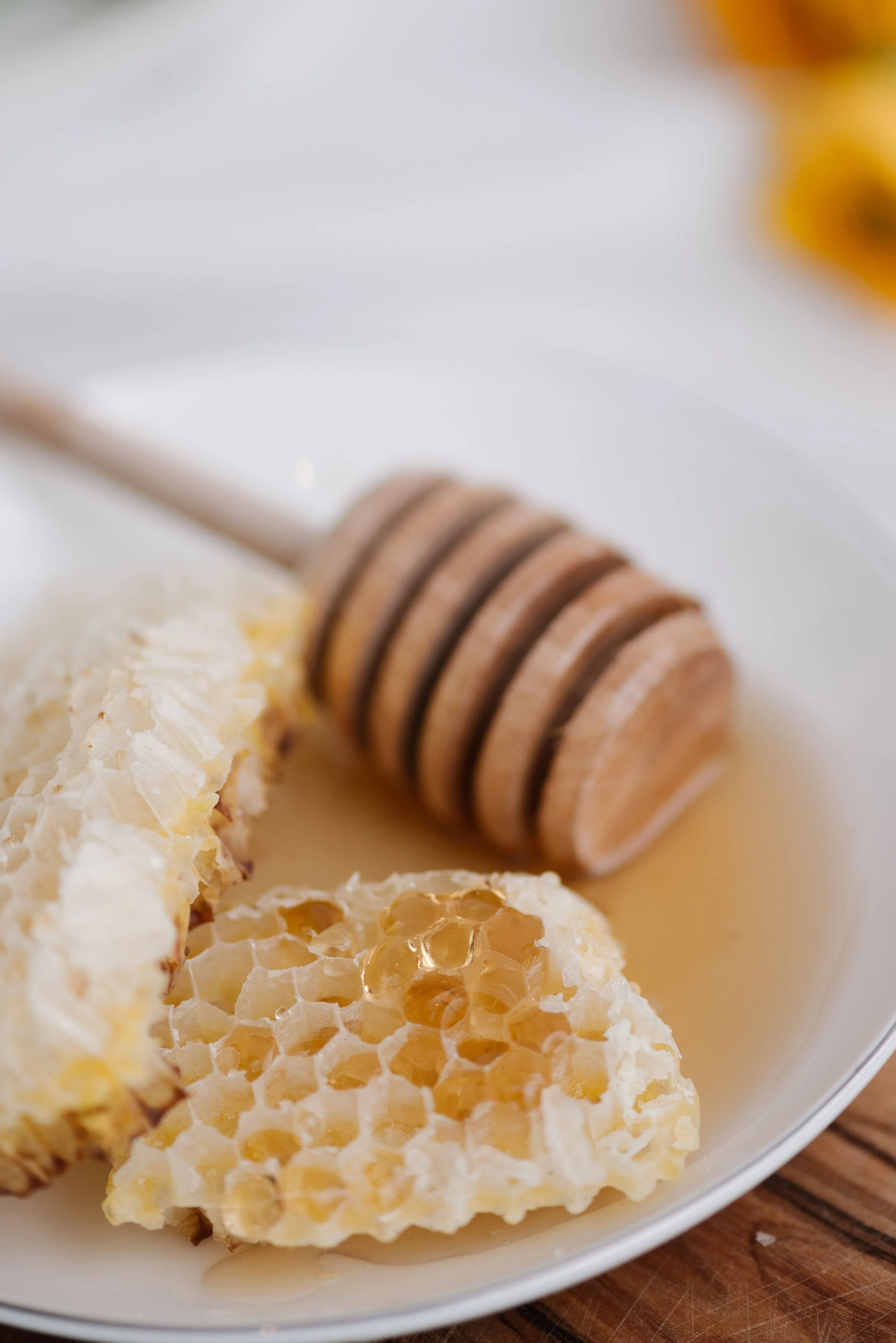Limiting Sugar Intake Crucial for Optimal Health
In our modern society, sugar has become ubiquitous in many foods and beverages we consume daily. From sugary drinks to processed snacks, sugar has entered almost every corner of our diets. However, the excessive consumption of sugar can have detrimental effects on our health. Monitoring and limiting sugar intake is crucial for optimal health, and it is a practice that everyone should adopt, regardless of whether they have diabetes or not.
One of the primary reasons to prevent blood sugar spikes is their negative impact on our overall well-being. Spikes in blood sugar can lead to inflammation throughout the body. And that inflammation is linked to some serious chronic diseases like heart disease, diabetes, and various types of cancer. Who wants any of that? Not me, and I'm sure not you either! Minimizing sugar intake can reduce the risk of developing these conditions and provide a healthier lifestyle.
But that's not all. Blood sugar spikes can immediately affect our cognitive function - in simple terms, it messes with our brainpower. Studies have shown that high sugar consumption can lead to decreased brain function, impairing memory, learning, and overall cognitive performance.
Plus, it can throw our moods all out of whack. One minute we're up; the next, we're down, thanks to those blood sugar rollercoasters that lead to anxiety and depression. Limiting sugar intake can help stabilize our mood and improve mental wellness. We deserve better, my friend!
Now, let's talk about Candida. This sneaky little yeast can wreak havoc on our health if we let it run wild. And guess what? Excessive sugar consumption is like giving a VIP pass to the party in our bodies. Candida overgrowth leads to digestive problems like bloating, gas, and even irritable bowel syndrome (IBS). It can also contribute to brain fog, mental confusion, and lack of clarity - and let me tell you, brain fog is not a good look on anyone. By reducing sugar intake, we can create an environment in our bodies that is less favorable for Candida growth, supporting better gut health and mental clarity. We want mental clarity, and that means we need to kick Candida to the curb. How? By cutting back on sugar, of course!
Weight gain is another consequence of consuming too much sugar. High-sugar foods are typically high in calories but low in nutritional value. And those empty calories add up. These sneaky empty calories can quickly pile on the pounds. But fear not! By reducing our sugar intake, we can take control of our weight and achieve a healthier body composition. Reducing sugar intake can better manage our weight and promote a healthier body composition. Now that's what I'm talking about.
Okay, Let's talk sugar substitutes. There's a lot of noise out there about corn syrup being a replacement for sugar. Regarding sugar substitutes, it is essential to be mindful of available options. While corn syrup has become a prevalent substitute, it is more disruptive to our health than good old-fashioned cane sugar. So when you're out shopping, read those labels like a pro and understand the different names under which corn syrup may be disguised. Don't let corn syrup sneak its way into your cart!
Instead, let's explore some better alternatives. We're talking honey, maple syrup, molasses, coconut sugar, and stevia. These babies are the real deal, my friend. They bring a natural sweetness to our lives without sending our blood sugar levels into a wild frenzy. And remember, it's all about moderation. A little sweetness goes a long way.
So, my friend, let's make a pact to limit our sugar intake for the sake of our health. Excessive sugar consumption can lead to horrible consequences and an increased risk of chronic diseases. We're better than that! Let's be mindful of what we put into our bodies and make choices to support our overall well-being. We have the power to take charge of our health.
Let's do it!






A quick, five-step winter skincare routine featuring clean beauty products that hydrate, nourish, and promote radiant skin.